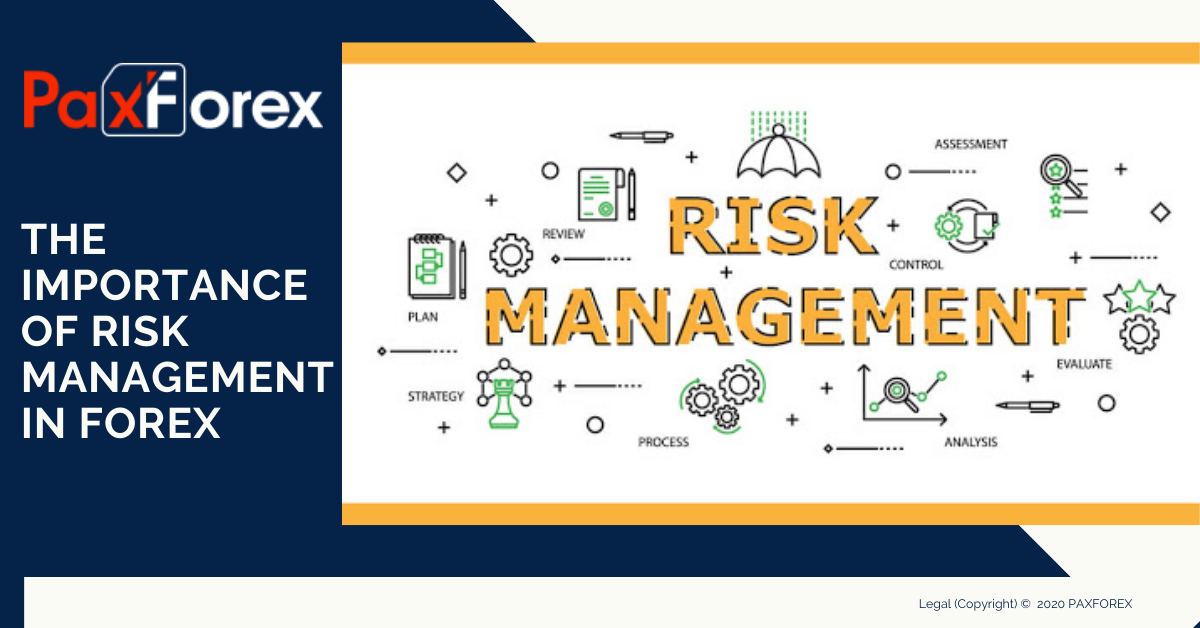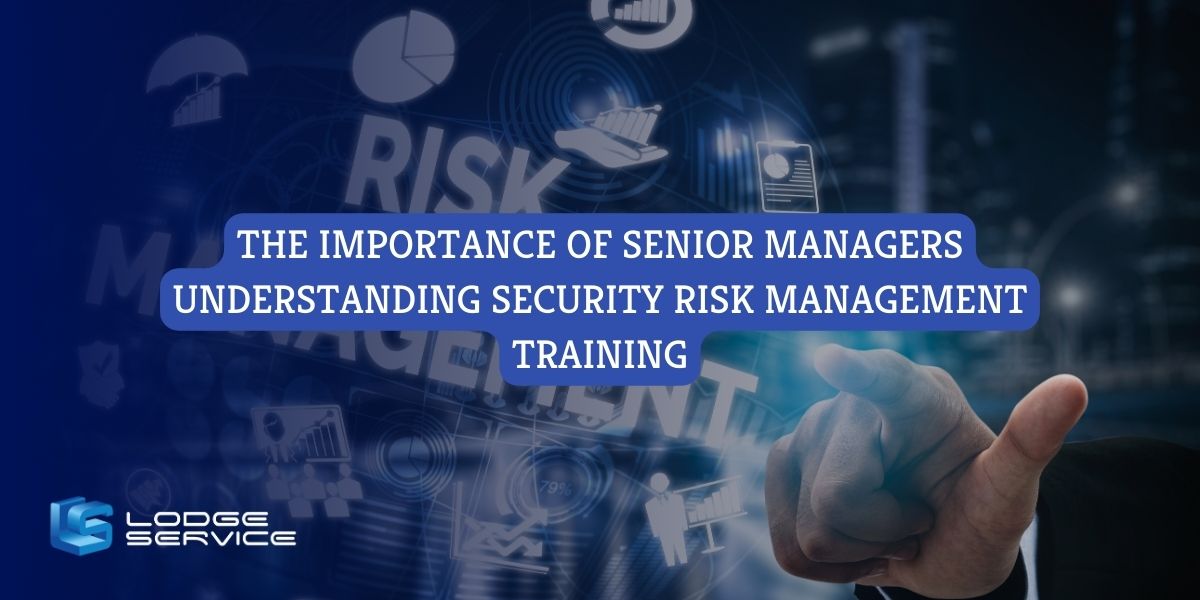The Rising Importance of Risk Management in Health and Safety
Wiki Article
Exploring the Importance of Risk Management for Effective Decision-Making Methods
In the elaborate globe of company, Risk Management arises as a critical aspect in the decision-making process. The capability to recognize potential dangers and opportunities, and plan accordingly, can mean the distinction in between success and failure. With tools such as SWOT and PESTEL, companies are geared up to make educated selections, fostering durability and flexibility in an ever-changing environment. Wondering how this functions? Let's unpack the dynamics better.Recognizing the Concept of Risk Management
Risk Management, an essential element in decision-making, is often misconstrued or oversimplified. Risk Management involves regimented and structured approaches, using information and insightful analyses. From financial unpredictabilities, legal liabilities, critical Management mistakes, to mishaps and all-natural catastrophes, it addresses different dangers - importance of risk management.The Role of Risk Management in Decision-Making Processes
In the world of tactical preparation and organization procedures, Risk Management plays an indispensable role in decision-making processes. It helps in recognizing potential risks and uncertainties that might influence the achievement of company goals. By mapping these threats, firms can formulate methods to minimize their impact, making sure service connection and security. Risk Management hence becomes an important device in decision-making, aiding leaders to make enlightened selections based upon a detailed understanding of the dangers involved. It motivates a proactive method, making it possible for companies to prepare and anticipate for possible future scenarios. This significantly lowers the likelihood of negative consequences, advertising extra effective and effective decision-making techniques. Risk Management serves as a vital part in the decision-making procedures of any type of organization.
Exactly How Risk Management Improves Strategic Planning
In the context of tactical planning, Risk Management plays an essential role. Launching with the recognition of potential threats, it better expands to the application of Risk reduction steps. The duty of Risk Management is not static but vibrant, as it requires continuous monitoring and adjusting of approaches.Determining Possible Dangers

Executing Risk Mitigation
Having established the value of determining prospective dangers, the following action is to discover Risk reduction. This process includes establishing and carrying out methods to take care of recognized threats properly. It is a crucial aspect of strategic preparation as it boosts decision-making by decreasing possible unfavorable results. Risk mitigation strategies can vary from Risk avoidance, Risk transfer, to take the chance of decrease. Each method must be tailored to the particular Risk, considering its possible effect and the organization's Risk resistance. Moreover, efficient Risk mitigation calls for a deep understanding of the Risk landscape and the potential influence of each Risk. This understanding enables companies to focus on risks and allot sources efficiently, making certain that one of the most considerable risks are dealt with first.Surveillance and Adjusting Strategies
Though Risk reduction is a vital action in critical preparation, constant tracking and adjustment of these strategies is just as vital. It likewise supplies a possibility to review the success of the Risk Management measures, permitting changes to be made where needed, additional enhancing strategic planning. Surveillance and readjusting Risk Management methods is an important element for improving a company's durability and strategic planning.Case Researches: Effective Risk Management and Decision-Making
In the world of organization and financing, effective Risk Management and decision-making typically serve as the columns of flourishing ventures. These situations highlight the worth of sharp Risk Management in decision-making procedures. These cases emphasize the important function of Risk Management in calculated decision-making.Devices and Techniques for Reliable Risk Management
These devices, such as Risk registers and warm maps, aid in determining and examining prospective dangers. Risk reaction strategies, an essential component of Risk Management, entail approving, preventing, transferring, or mitigating risks. With these tools and techniques, decision-makers can navigate the review complex landscape useful source of Risk Management, therefore promoting educated and reliable decision-making.Future Patterns in Risk Management and Decision-Making Techniques
As we discover the large landscape of Risk Management, it comes to be evident that the strategies and tools utilized today will proceed to progress. The principle of Risk culture, where every member of a company is mindful and included in Risk Management, will obtain more importance. These patterns advertise an even more comprehensive and positive technique in the direction of Risk Management and decision-making.Final thought

Risk Management hence becomes a vital device in decision-making, helping leaders to make enlightened selections based on a thorough understanding of the risks involved. Risk reduction methods can vary from Risk avoidance, Risk transfer, to run check the risk of reduction (importance of risk management). Reliable Risk reduction needs a deep understanding of the Risk landscape and the possible effect of each Risk. Risk reaction strategies, a vital element of Risk Management, entail accepting, avoiding, moving, or mitigating risks. The principle of Risk society, where every member of a company is conscious and entailed in Risk Management, will obtain a lot more prominence
Report this wiki page